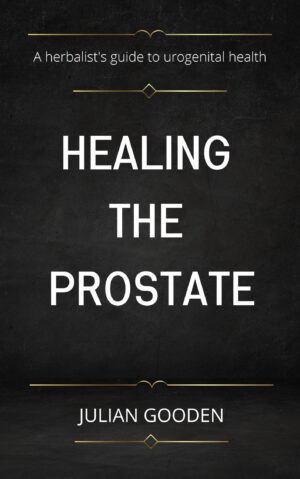Dr. Sebi was known for promoting a plant-based diet and advocating for the consumption of alkaline foods. One of the key components of his dietary guideline was the avoidance of certain foods that he believed contributed to health issues. One such food was wheat. In this article, we will explore three reasons why Dr. Sebi did not recommend wheat as part of his dietary recommendation.
-
Hybrid Nature of Modern Wheat:
Dr. Sebi pointed out that modern wheat, as it is commonly cultivated today, is a hybrid grain. Wheat has undergone extensive breeding and genetic modification over the centuries to increase its yield and change certain characteristics. This hybridisation process has altered wheat’s natural genetic makeup, making it less suitable for human consumption.
In his view, the hybridisation of wheat may have contributed to an increase in gluten content and other potentially harmful compounds. Dr. Sebi pointed out that consuming this modified wheat could be detrimental to human health and recommended opting for ancient or heirloom grains instead, such as quinoa and kamut, which are less likely to be hybridised and genetically modified.
-
The Role of Gluten:
Gluten is responsible for giving dough its elasticity and plays a crucial role in the baking process, providing bread with its characteristic chewy texture. However, gluten has come under scrutiny in recent years due to its impact on health, particularly for individuals with certain conditions.
Celiac disease is an autoimmune disorder triggered by the consumption of gluten in individuals who are predisposed to it. When individuals with celiac disease consume gluten, their immune system launches an attack on the small intestine, leading to inflammation and damage to the intestinal lining. As a result, people with celiac disease must strictly avoid gluten-containing foods.
In addition to celiac disease, some people may experience non-celiac gluten sensitivity, where they exhibit symptoms similar to those of celiac disease but do not test positive for it. These individuals may also find relief when they avoid wheat and similar gluten-containing foods.
-
Acidic Nature of Wheat:
Dr. Sebi’s dietary recommendations were centered around the concept of maintaining an alkaline environment in the body. He believed that diseases and health issues were more likely to develop in an acidic environment. Wheat is considered an acidic food, primarily due to its high gluten content and hybridisation.
Conclusion:
In summary, Dr. Sebi’s aversion to wheat stemmed not only from its acidic nature and potential allergenic reactions but also from its hybrid status and the presence of gluten. He recommended steering clear of modern wheat and instead opting for ancient, natural grains, which were less likely to have undergone extensive hybridisation.














